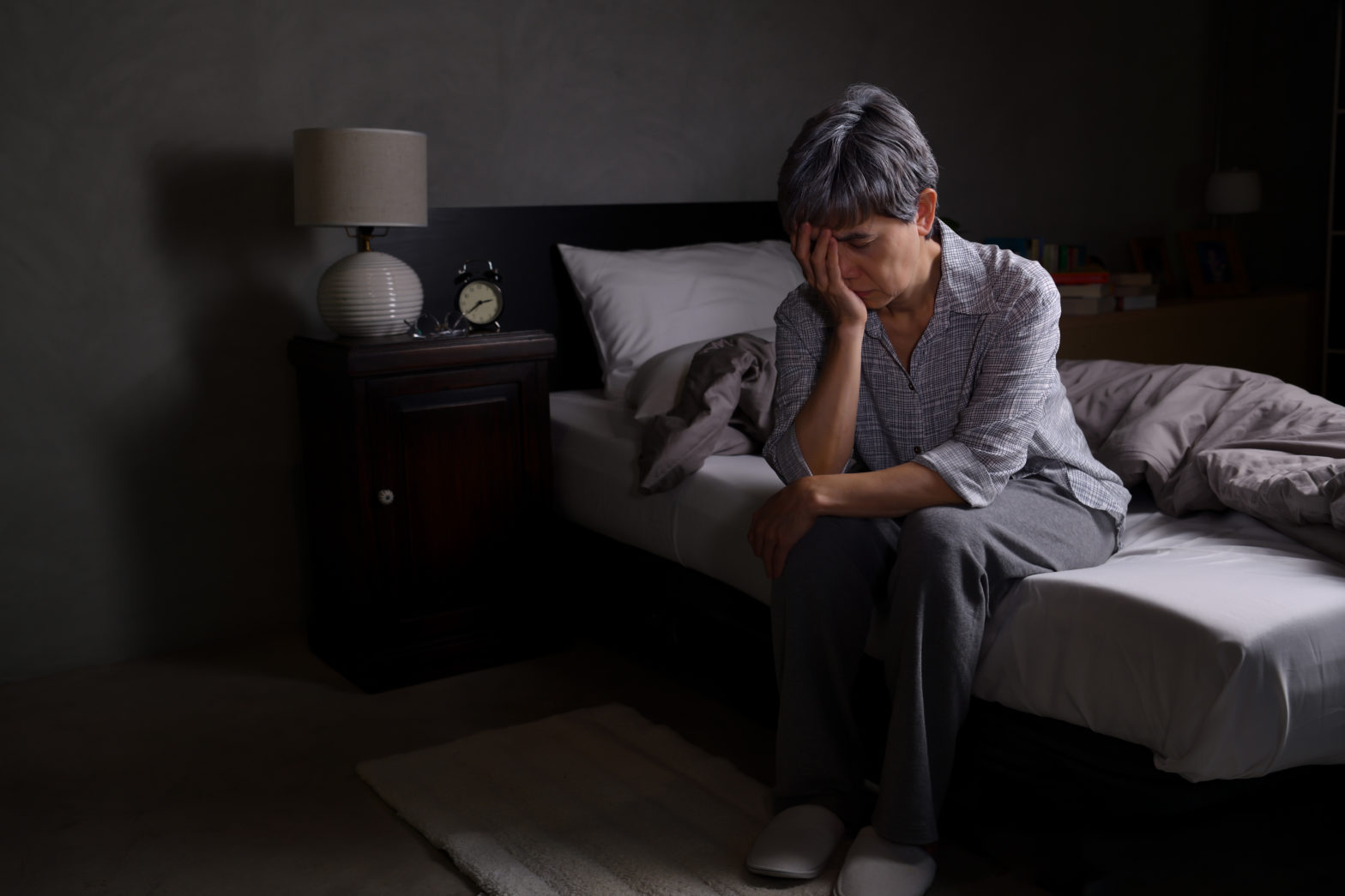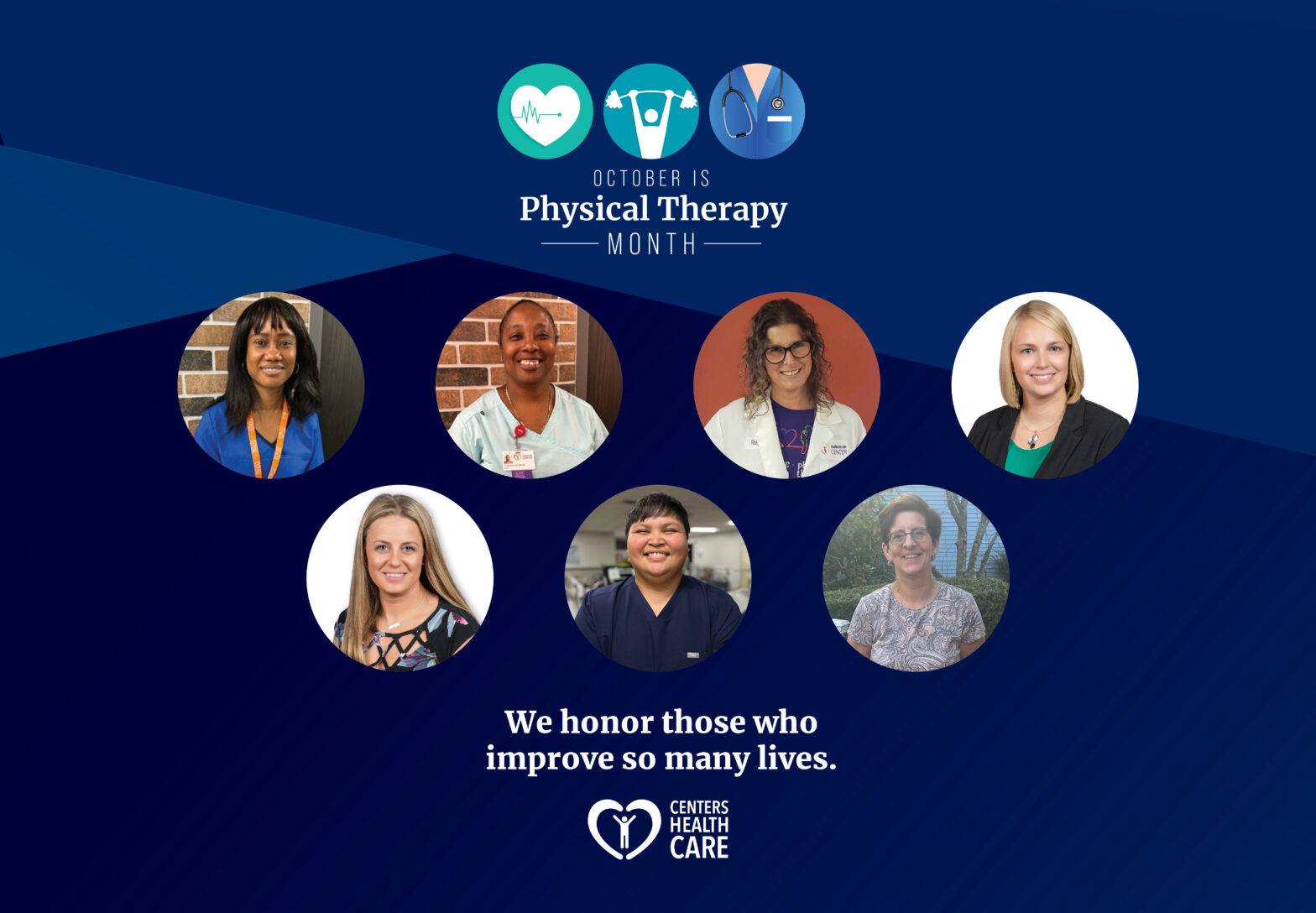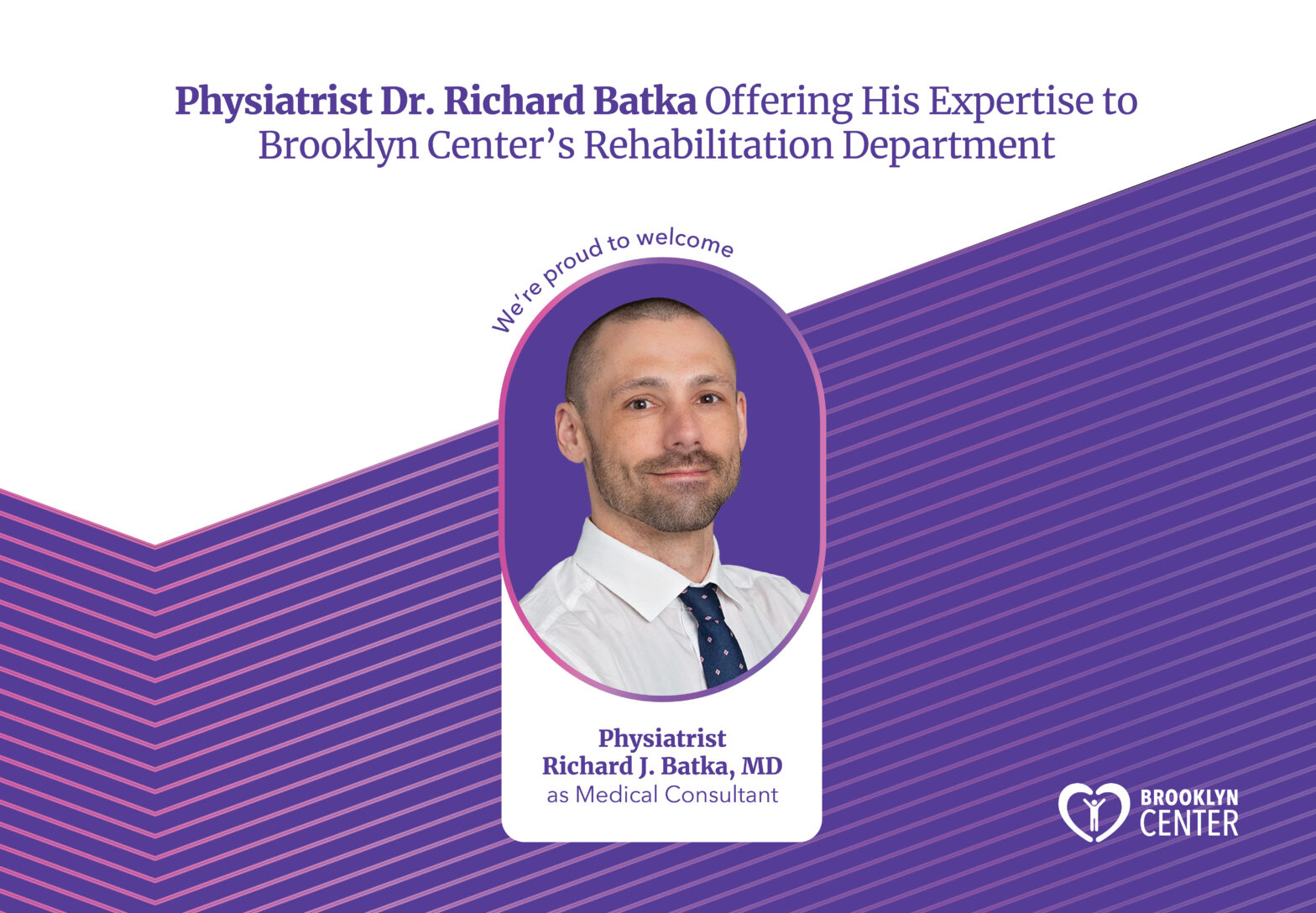Triggers of Sleep Anxiety and Ways to Combat It

Around one in every three people have at least brief symptoms of insomnia, and around 10% of the population has a chronic insomnia disorder, which means it happens at least three times a week for a period of three months.
One of the problems of insomnia is that it can get in your head, which can cause the vicious cycle to continue. Knowing both the triggers and ways to relieve it, however, can help with sleep anxiety.
Centers Health Care has a look at those causes and solutions that can lead to a more peaceful bedtime.
Triggers for Sleep Anxiety
One of the simplest triggers of sleep anxiety can be age. The body typically doesn’t need as much sleep after the age of 60, and there are age-related causes as well. For women, hormone shifts during menopause can lead to restlessness, and for men, prostate issues can lead to more bathroom trips during the night. In addition, chronic pain is more common, and frequently prescribed medication, such as beta blockers for high blood pressure, lists insomnia as a side effect.
And once sleep becomes an issue, many people worry about how a lack of sleep will affect them—either being concerned about how they will get through the next day on such little sleep or worrying about long-term health effects that can come from not being well-rested.
Ways to Combat Sleep Anxiety
You’ll want to take stock of your medications as well as note how much caffeine you’re drinking. If you’re having any caffeine after noon, experts advise cutting yourself off at lunchtime.
Alcohol can also help you fall asleep, but it can also lead to you waking up more during the night, so don’t turn to alcohol to help you sleep.
It’s also recommended to prepare your body for sleep by doing a relaxing activity like reading before bed and putting electronic devices away about 30 minutes before you expect to turn in. Also, turning your clocks away so you can’t see the time can also help reduce anxious feelings.
And if you can’t sleep for 15 or 20 minutes after laying down, you should get up, go into a dimly lit room and do something non-stimulating. Go back to bed when you’re ready to sleep, as this can help re-train your body that the bed is for sleep.


